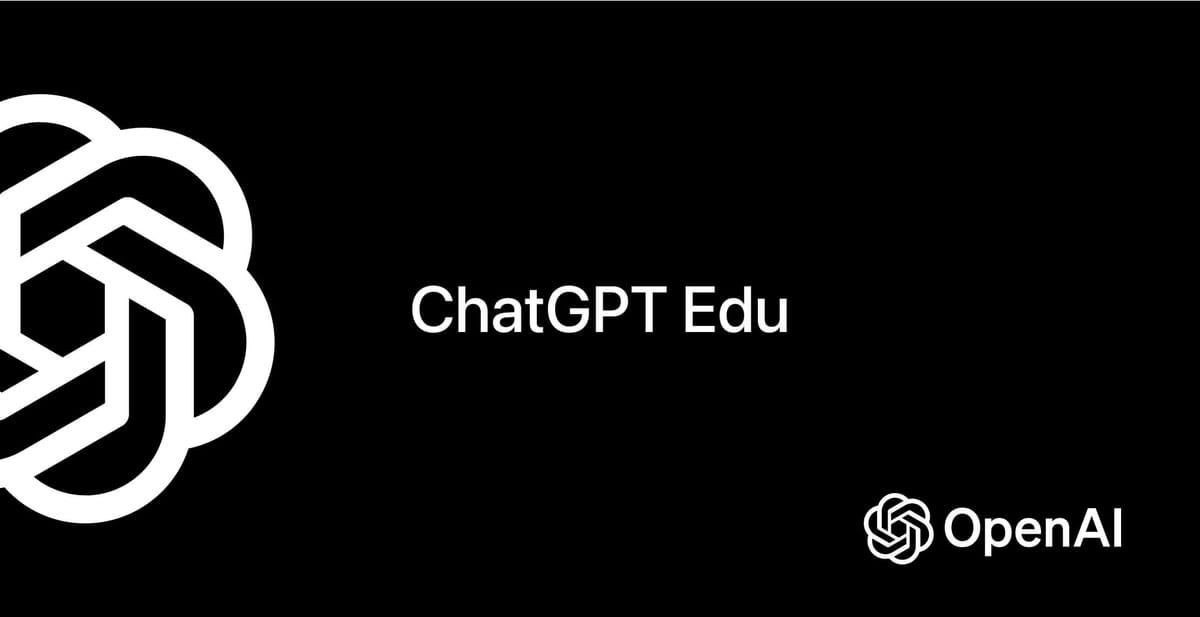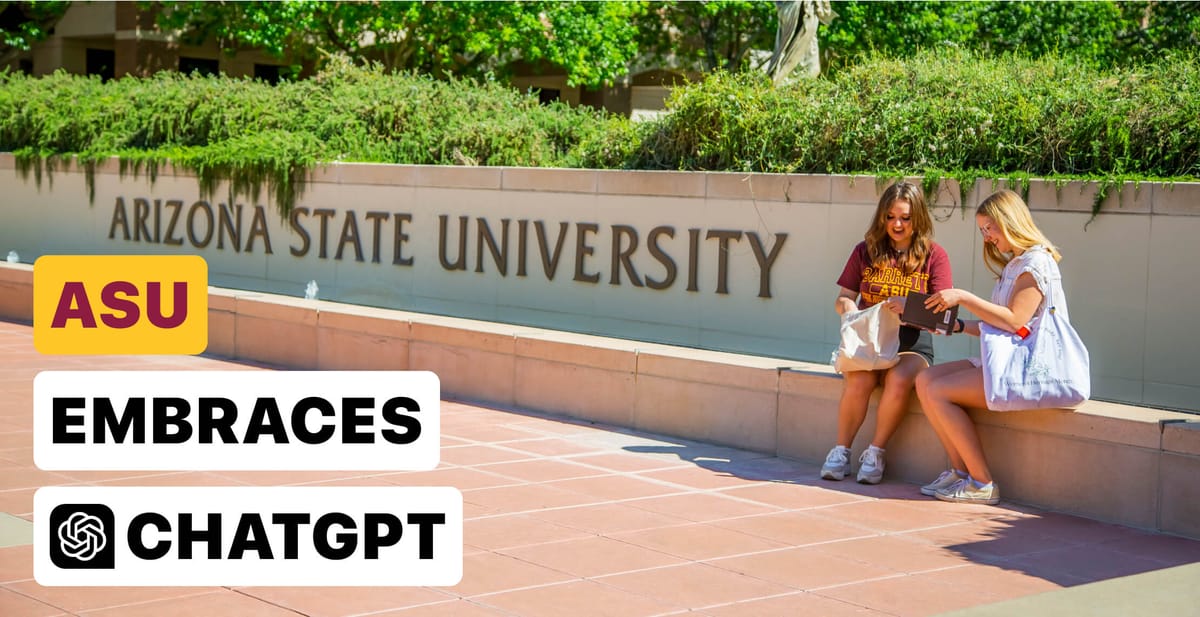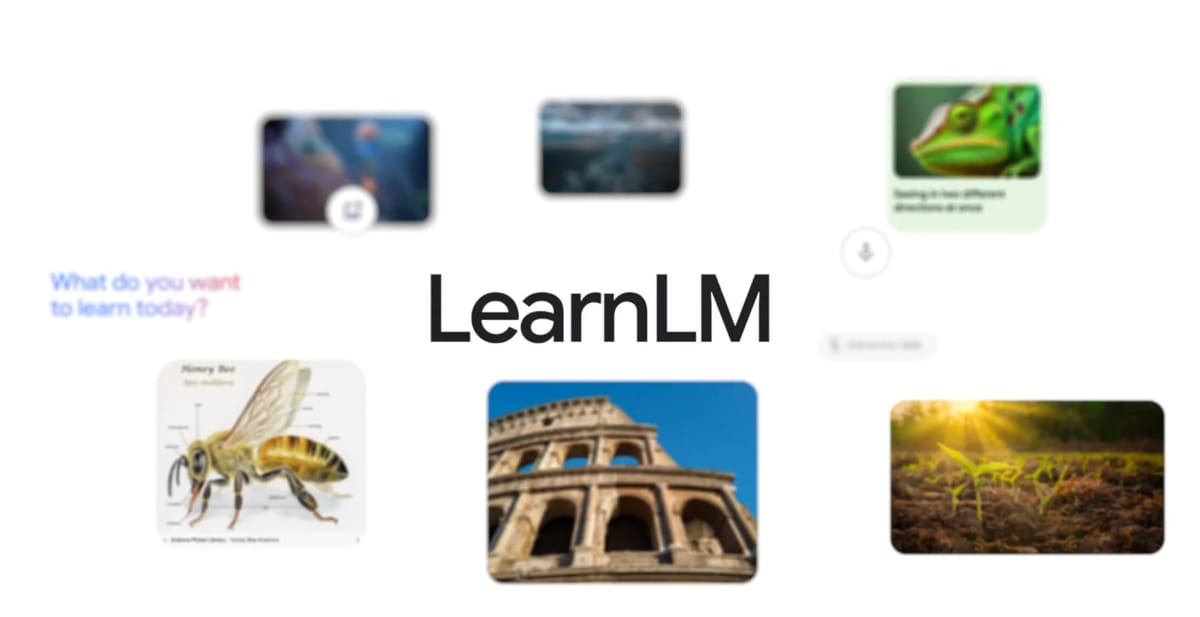
OpenAI has unveiled ChatGPT Edu, a specialized version of ChatGPT designed to help universities enhance academic and operational efficiency. Powered by GPT-4o, ChatGPT Edu offers advanced capabilities in text interpretation, data analysis, and supports over 50 languages.
This isn't OpenAI's first foray into the university system. In fact, the company says that it built ChatGPT Edu because it saw the success institutions like Oxford, Wharton, UT Austin, ASU, were seeing with ChatGPT Enterprise.
For instance, Professor Nabila El-Bassel at Columbia built a GPT to analyze large datasets for overdose prevention strategies, reducing weeks of research into seconds. At Wharton, students in Professor Ethan Mollick's courses used ChatGPT for final reflections, prompting deeper thinking about their learnings. ASU's Professor Christiane Reves is developing a custom Language Buddies GPT for personalized German conversation practice and feedback.

ChatGPT Edu builds on these applications, offering an affordable, accessible option for universities to bring AI to their campuses. It includes access to their new GPT-4o model, advanced capabilities like data analytics and document summarization, the ability to build and share custom GPTs, much higher message limits, improved language capabilities, robust security and administrative controls, and assurance that conversations and data won't be used to train OpenAI models.
The Edu version will also include enterprise-level security and administrative controls, such as group permissions and single sign-on, ensuring a safe and controlled environment for educational institutions.
The launch of ChatGPT Edu comes just two weeks after Google introduced LearnLM, a family of models based on Gemini and fine-tuned for learning and education. LearnLM aims to make Google products like Search, Gemini, and YouTube more interactive, personalized, and engaging for learners.

Making AI that is fine-tuned for learning and education more accessible to students and educators could be a game changer. Universities could offer more personalized and efficient learning experiences. Students would benefit from on-demand tutoring and tailored feedback, which could enhance their understanding and retention of course material. Faculty and researchers would save valuable time on administrative tasks, allowing them to focus more on teaching and innovative research.
According to Kyle Bowen, Deputy CIO at ASU, "Integrating OpenAI's technology into our educational and operational frameworks accelerates transformation at ASU. We're collaborating across our community to harness these tools, extending our learnings as a scalable model for other institutions."


